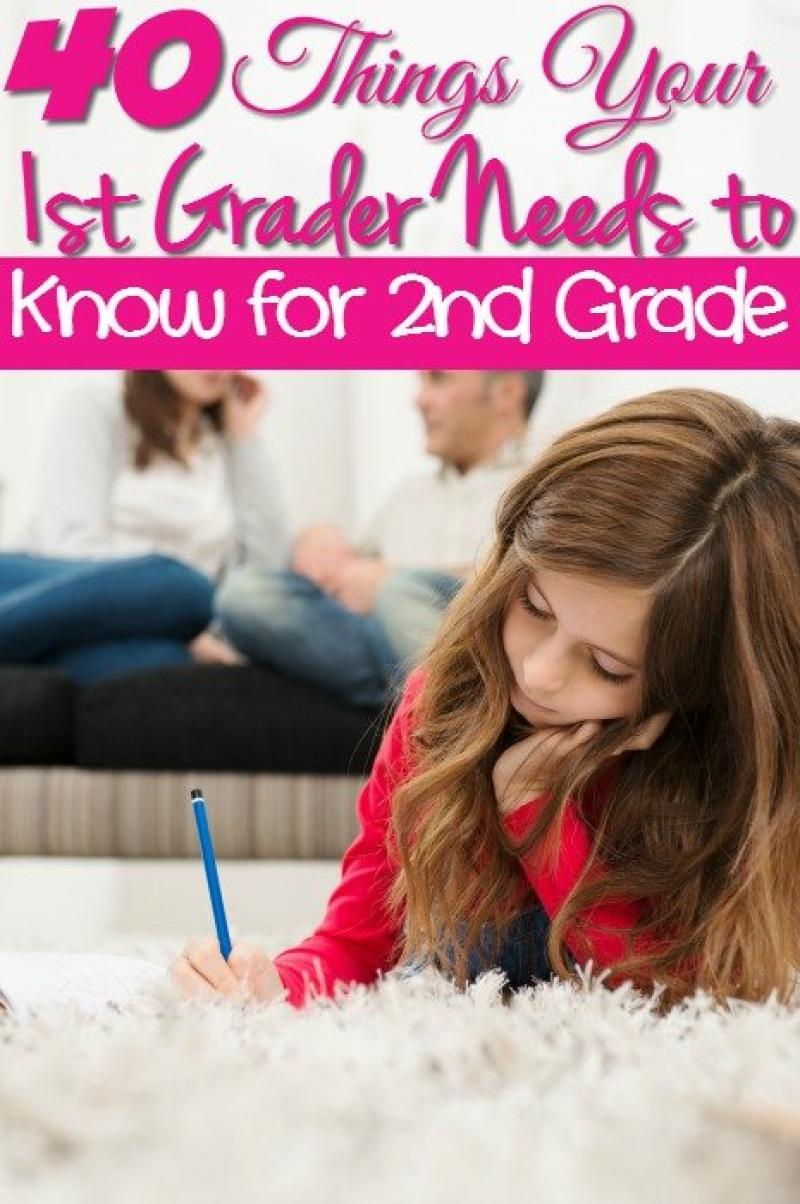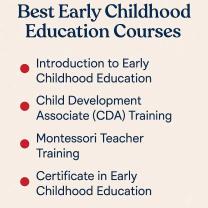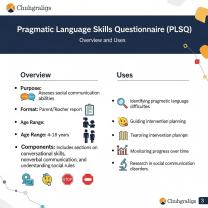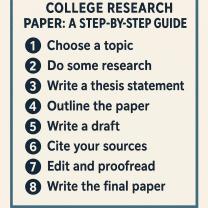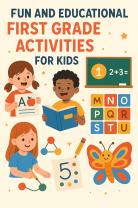What words should a second grader know?
Second-grade vocabulary typically includes a mix of sight words, commonly used words, and vocabulary related to their reading and comprehension level. Here's a list of words that second graders often learn and use:
Sight Words:
- High-Frequency Words: These are words that appear often in reading and writing and might not follow typical phonetic patterns.
- Examples: the, and, you, to, in, is, it, he, she, was, for, that, they, on, with, as, at
Nouns:
- Common Objects and Animals:
- Examples: cat, dog, book, ball, house, tree, chair, table, car, bird
- Family Members:
- Examples: mom, dad, brother, sister, grandmother, grandfather
Verbs:
- Action Words:
- Examples: run, jump, play, eat, sleep, swim, read, write, dance, sing, laugh
Adjectives:
- Descriptive Words:
- Examples: big, small, happy, sad, fast, slow, tall, short, funny, smart, kind
Adverbs:
- Words That Describe Actions:
- Examples: quickly, slowly, loudly, quietly, happily, sadly, often, always
Prepositions:
- Words That Show Relationships:
- Examples: in, on, under, over, beside, between, behind, in front of
Conjunctions:
- Words That Join Sentences or Phrases:
- Examples: and, but, or, so, because
Time and Sequence Words:
- Words That Indicate Time or Order:
- Examples: first, next, then, after, before, last, today, tomorrow, yesterday
Other Vocabulary:
- School-related Words:
- Examples: teacher, student, school, pencil, paper, desk, classroom
- Nature and Seasons:
- Examples: sun, moon, stars, rain, snow, flower, spring, summer, fall, winter
- Feelings and Emotions:
- Examples: happy, sad, excited, scared, angry, surprised, worried
This list provides a general idea of the vocabulary often introduced and reinforced during second grade. However, keep in mind that individual curriculums and learning programs may introduce additional words and concepts based on specific educational standards and goals.
Expanding Vocabulary: Building a Foundation of Essential Words for Second Graders
A strong vocabulary is essential for second graders' academic success and overall communication skills. Nurturing a rich vocabulary allows them to express themselves effectively, comprehend complex texts, and expand their knowledge base.
Key Strategies:
Read Aloud Regularly: Engage second graders in regular read-aloud sessions, exposing them to a variety of words and contexts.
Play Word Games: Incorporate fun and engaging word games into learning, such as crossword puzzles, word searches, and vocabulary-building apps.
Encourage Word Exploration: Encourage second graders to explore new words they encounter in books, conversations, or other media.
Provide Meaningful Context: Offer explanations and examples of new words, connecting them to familiar experiences and concepts.
Enhancing Reading Comprehension: Utilizing Vocabulary to Develop Fluency and Understanding
A strong vocabulary plays a crucial role in enhancing reading comprehension. As second graders' vocabulary grows, they become more adept at decoding words, grasping concepts, and appreciating the nuances of written language.
Key Strategies:
Focus on High-Frequency Words: Emphasize the acquisition of high-frequency words, which appear frequently in texts and conversations.
Teach Vocabulary in Context: Introduce new words within the context of meaningful sentences or passages, demonstrating their usage.
Encourage Word Mapping: Encourage second graders to create word maps, connecting new words to related concepts and examples.
Practice Vocabulary in Context: Incorporate vocabulary practice into reading activities, such as having second graders identify and define new words they encounter in their reading.
Fostering Effective Communication: Expressing Ideas Clearly and Articulately
A rich vocabulary empowers second graders to express their ideas clearly, confidently, and persuasively. With a strong command of words, they can engage effectively in conversations, write comprehensive compositions, and articulate their thoughts and opinions.
Key Strategies:
Encourage Verbal Expression: Provide opportunities for second graders to express themselves verbally, engaging in discussions, debates, and creative storytelling.
Model Effective Communication: Model clear and articulate communication in your own interactions with second graders, demonstrating the power of words.
Encourage Vocabulary Usage: Encourage second graders to incorporate new vocabulary into their daily conversations and writing, reinforcing their understanding.
Provide Feedback and Support: Offer constructive feedback on second graders' vocabulary usage, helping them refine their communication skills.
